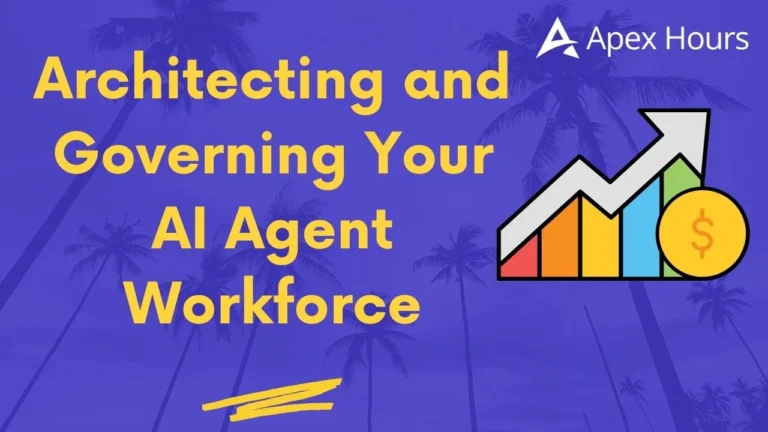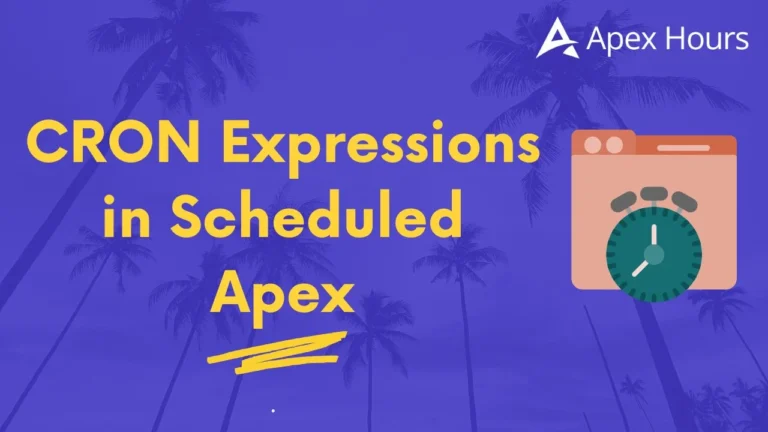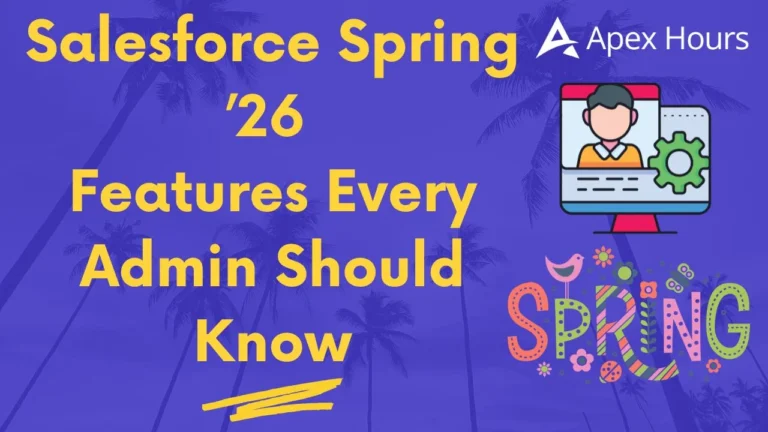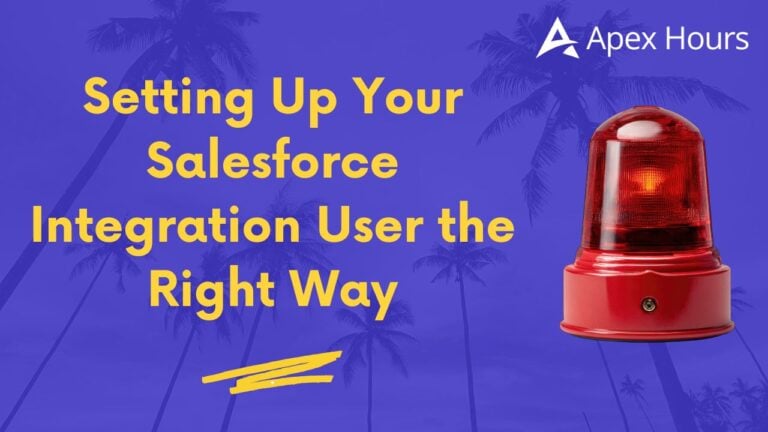
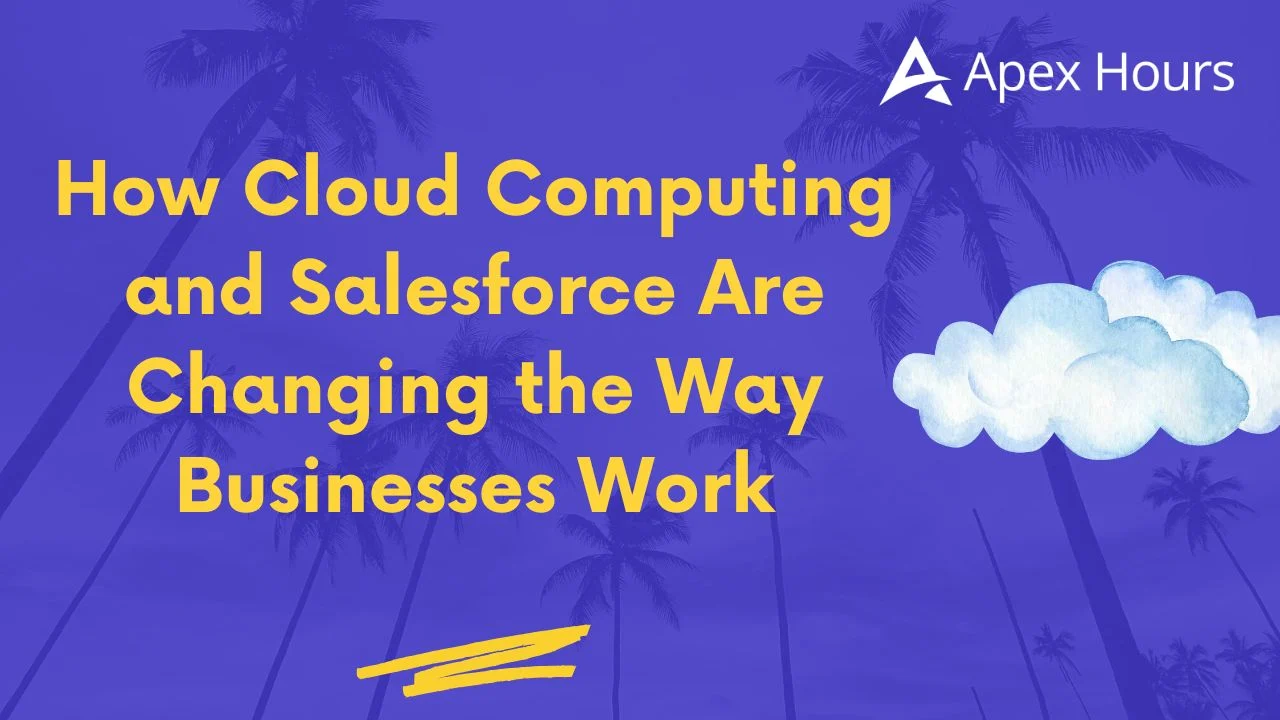
How Cloud Computing and Salesforce Are Changing the Way Businesses Work
A few years ago, if you wanted to run a business, you needed to invest a lot of money in servers, software, and IT teams. Even if you were just starting out, setting up your technology felt like building a house from scratch — brick by brick.
But things have changed. Now, with just an internet connection and a laptop, you can manage your entire business. You can store data, run customer service, send emails, analyze reports, and even build apps — all without buying any hardware.
So what made this possible?
The answer is: cloud computing. And one of the best examples of how cloud computing works in real life is Salesforce.
Let’s walk through it in the most practical way.
What Is Cloud Computing?
Imagine you want to use a very powerful computer. You have two choices:
- You can buy the computer, maintain it, keep it in your office, and make sure it’s running every day.
- Or, you can rent that computer online and use it only when you need it.
Cloud computing is the second option.
It means you can use computing power, storage, and software through the internet. You don’t have to install anything or take care of machines. Everything happens online, through secure servers run by cloud providers.
That’s why people say cloud computing is like “renting technology” instead of owning it.
Where Does Salesforce Come In?
Salesforce is a company that uses cloud computing to offer tools that help businesses manage everything related to customers — sales, service, marketing, and more.
It was one of the first companies to believe that software didn’t need to be installed on every computer. Instead, people could log in to a website and do their work from anywhere.
Today, Salesforce is used by thousands of companies around the world — from small shops to global banks — to connect with their customers, track performance, and grow their business.
All of this is possible because Salesforce runs entirely on the cloud.
Real-Life Example: Old Way vs. Cloud Way
Let’s say a company wants to track customer details, sales calls, and follow-ups.
Old Way:
They would install a CRM software on their office computer. They’d need an IT person to maintain it. Every time something goes wrong, they’d have to fix it manually.
Cloud Way (with Salesforce):
They log in to Salesforce from any device — laptop, tablet, or mobile. All the customer information is updated in real-time. If something needs fixing, Salesforce handles it on the backend. The team just keeps working.
It’s simpler. Faster. Smarter.
What Makes the Cloud So Useful for Business?
The biggest advantage is freedom.
With cloud computing:
- You don’t have to worry about hardware.
- You can work from anywhere.
- You can scale up or down based on your needs.
- You pay only for what you use.
And when you use a cloud-based platform like Salesforce, you get access to tools that help you:
- Organize your data
- Automate tasks
- Build apps
- Get insights from reports
- Deliver better customer experiences
Even small teams with no technical background can get started. You don’t need to be a developer to use Salesforce. Many features work through simple clicks, not code.
Is the Cloud Safe to Use?
This is a common concern. People often wonder — if everything is stored online, what happens if someone hacks it?
That’s a fair question.
The truth is, cloud platforms like Salesforce invest heavily in security. They use data encryption, strong authentication methods, and continuous monitoring. Their security systems are often stronger than what most businesses could afford to build on their own.
Also, there’s no risk of losing data because it’s not saved on a local machine. It’s backed up across multiple servers in different locations. So even if one server fails, your data is safe.
Let’s Talk About AI – The New Game Changer
These days, it’s not enough to just store data. Companies want to use that data to make smart decisions. This is where artificial intelligence (AI) comes in.
Salesforce has built AI directly into its platform. It’s called Einstein. With it, businesses can:
- Predict which leads are most likely to convert
- Recommend the next best action in customer support
- Analyse trends and patterns quickly
And because it’s part of the Salesforce platform, it doesn’t require a separate AI tool or team. It’s built into the same system you already use to manage your business.
The Cloud Isn’t Just for Big Companies
A common myth is that cloud computing and Salesforce are only for large enterprises. That’s not true.
In fact, many small businesses use Salesforce to grow faster without hiring large teams. They use automation to handle routine work, and they use dashboards to understand how their business is doing — all with just a few clicks.
The cloud gives small businesses access to the same powerful tools that big companies use. It levels the playing field.
What’s Next for the Cloud and Salesforce?
Looking ahead, the trend is clear: businesses will rely more and more on the cloud. It’s faster, more flexible, and better suited for a world where remote work, mobile access, and real-time updates are the norm.
Salesforce is already moving forward with innovations like Agentforce (for AI-powered service agents), Prompt Builder(to customize AI behaviour), and stronger mobile tools. All of these continue to run on the cloud, helping businesses work smarter every day.
Final Thoughts
You don’t need to be a tech expert to understand the value of cloud computing.
Think of it this way: the cloud gives you the tools. Salesforce shows you how to use them.
So whether you’re running a startup, managing a small team, or leading a global brand — this is the time to think cloud-first.
Salesforce just makes it easier.


